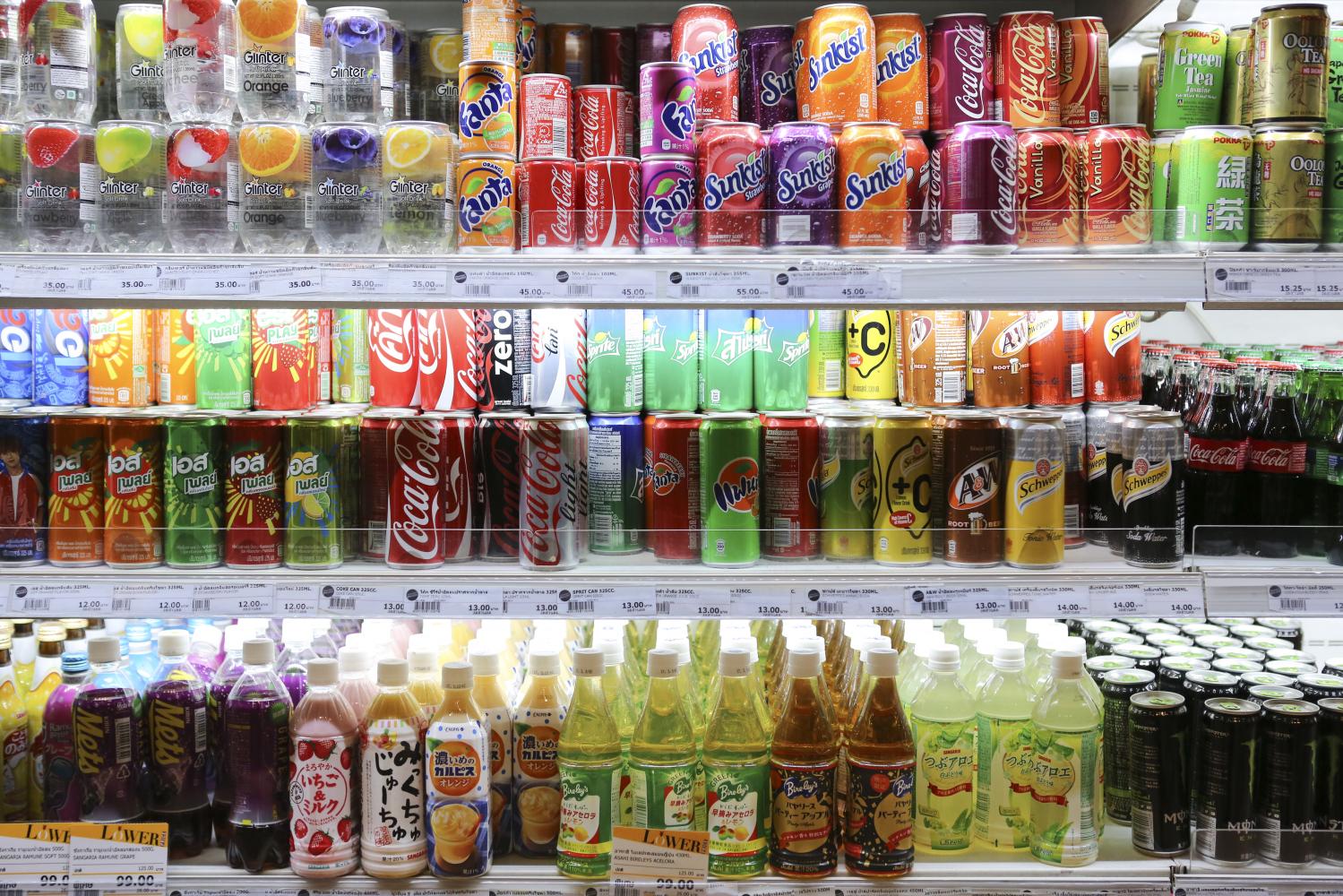
The third stage of the excise tax hike for sugar-sweetened beverages comes into effect on April 1 after a six-month government postponement expires.
Nutthakorn Utensute, the Excise Department's principal advisor on excise control system development, believes the tax hike based on sugar content will not increase costs for manufacturers of sugary drinks or consumers as producers have already adjusted their recipes to avoid the tax.
The amended excise tax structure on beverages came into force in 2017, adding a levy on sugar content on top of the excise duty charged to beverages.
The third phase of the tax spans from April 1 this year until March 21, 2025.
The department classified six levels of sugar content in beverages per 100 millilitres: below six grammes, 6-8g, 8-10g, 10-14g, 14-18g, and more than 18g.
Sugar content of less than 6g is tax-exempt.
Sugar content between 6-8g per 100ml is liable for excise tax of 30 satang per litre, 8-10g per 100ml is taxed 1 baht per litre, 10-14g per 100ml is taxed 3 baht per litre, and 14-18g per 100ml is a levy of 5 baht per litre.
Sugar content above 18g per 100ml is levied a tax of 5 baht per litre.
Mr Nutthakorn said the number of beverages labelled as healthy drinks increased to more than 1,800 this month, leading him to believe the number of drinks containing less than 6g of sugar per 100ml has risen.
In related news, he said the department has completed 90% of a study on excise taxes for salty, processed foods, but he could not predict when such a levy would be imposed.
A tax on salty, processed foods is expected to encourage manufacturers to reduce the amount of sodium in their products, said Mr Nutthakorn.
A grace period of at least one year will be offered for businesses to adjust to avoid higher costs for companies and consumers, he said.